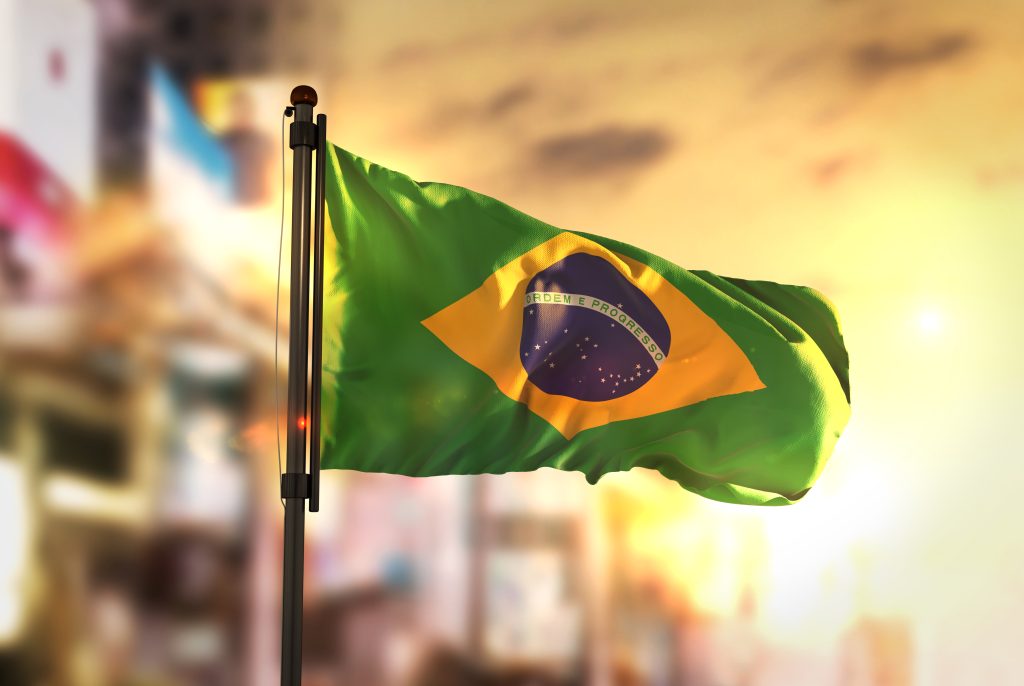Brazil celebrates 5G anniversary with impressive expansion and performance, but challenges remain
Brazil achieves significant 5G expansion, reaching 184 municipalities and serving 10.1 million users, surpassing Anatel’s targets. However, wider access depends on making compatible smartphones more affordable and overcoming regulatory challenges.

Brazil recently commemorated the one-year anniversary of 5G technology activation, showcasing notable achievements in terms of expansion and performance. With 184 municipalities, including all state capitals, now offering fifth-generation mobile internet to 10.1 million users, the National Telecommunications Agency (Anatel) has surpassed its targets by enabling 5G signal in 1,610 municipalities, covering 66.4% of the population.
Boasting an average download speed of 446.91 Mbps and an upload speed of 30.60 Mbps, the Brazilian 5G network outpaces European countries and the United States. However, local governments are grappling with regulatory obstacles and the requirement of a greater number of antennas compared to 4G.
Despite these challenges, operators have accelerated deployment using dynamic spectrum sharing (DSS) technology, leveraging existing structures and sharing the 2.3 GHz frequency of 4G with 5G. Nonetheless, the widespread availability of 5G hinges on reducing the cost of compatible smartphones, an important factor in ensuring broader access to this transformative technology.
